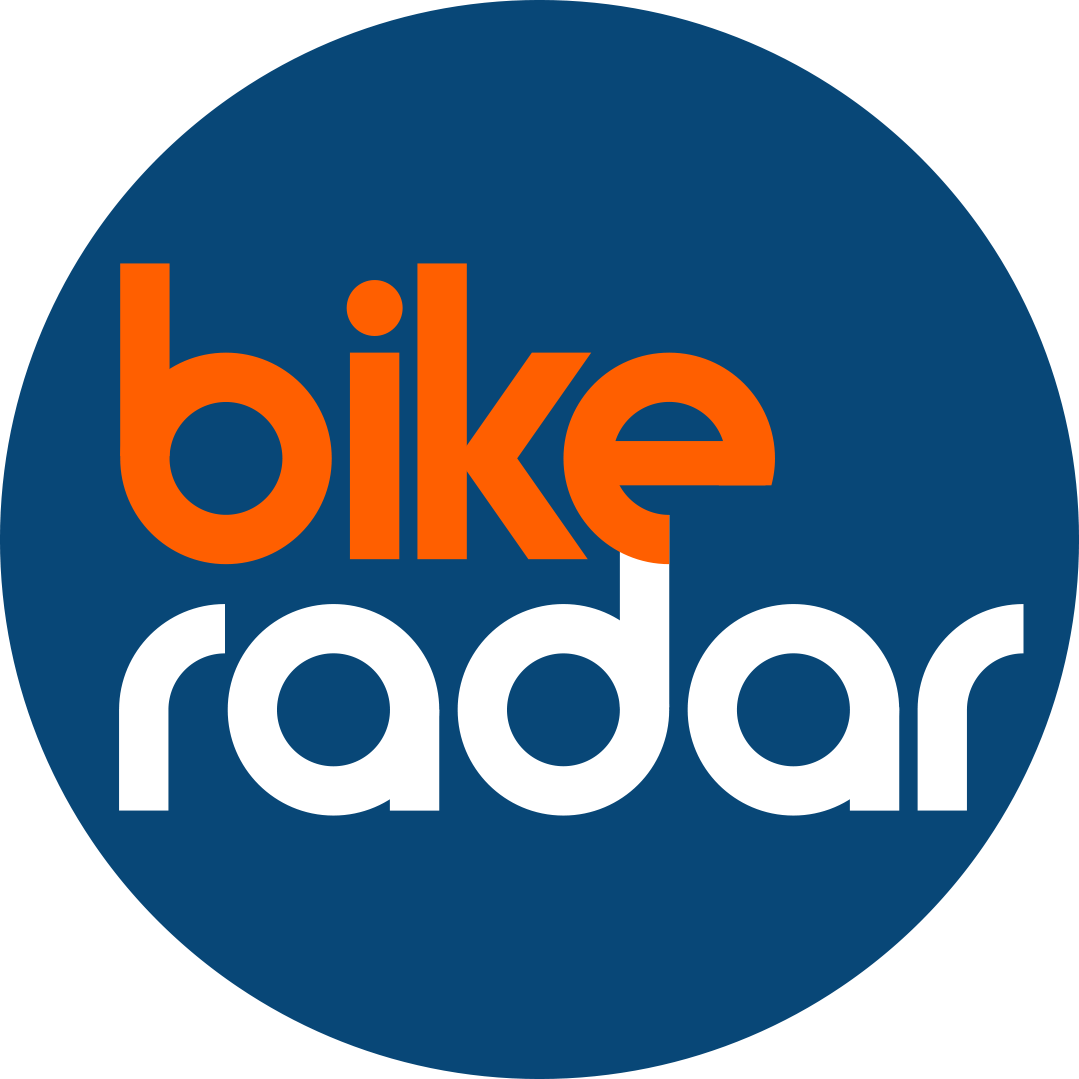Trackstanding, AKA balancing on your pedals without going anywhere, might be a technique you associate with urban dandies teetering on brakeless fixies, twirling the tip of a waxed moustache while six lanes of gridlocked motorists grimace in their direction — but don't let that put you off.
- Learn how to wheelie, with Anna Glowinski
- How to ride no-handed, with Anna Glowinski
- How to jump a mountain bike
It's a great skill to learn for cyclists of all disciplines, helping roadies stay poised and get the jump on traffic at stop lights, and enabling mountain bikers to pause without stepping down — to take a sneak peek before heading over a drop, for example.
We asked cyclist, clothing designer and TV presenter Anna Glowinski to break it down for us.
Learn how to trackstand with Anna Glowinski
Learn how to trackstand
1. Find a suitable area to practice
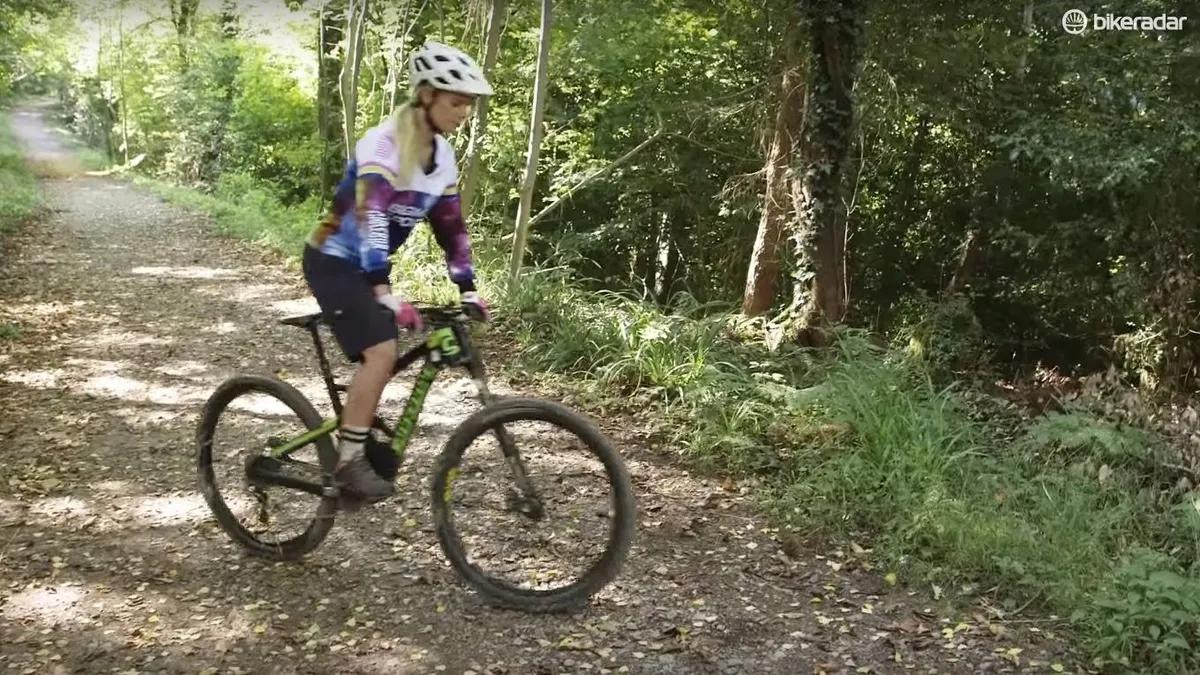
You want to find a slight upwards incline, somewhere away from traffic. Get into a nice easy gear.
2. Put your best foot forward
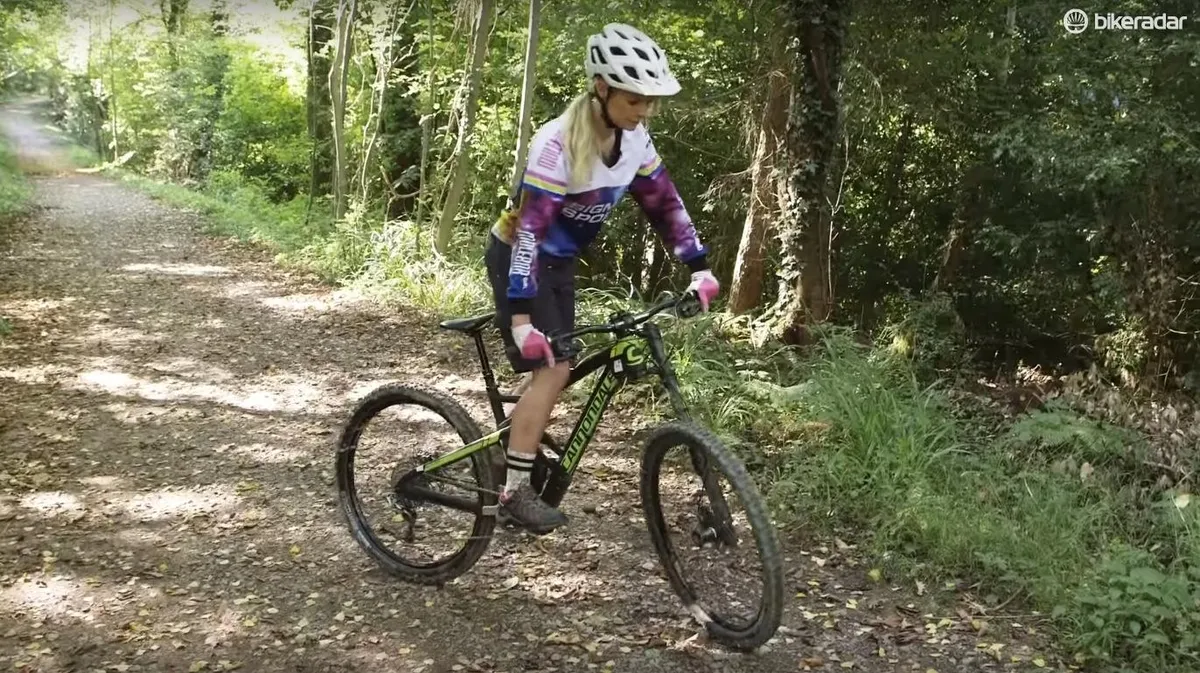
As you roll gently into the slope, rise out of the saddle with your cranks horizontal and your strongest foot forward. Or as Hans 'No Way' Rey would call it, your "chocolate foot".
3. Turn your front wheel slightly towards your leading foot
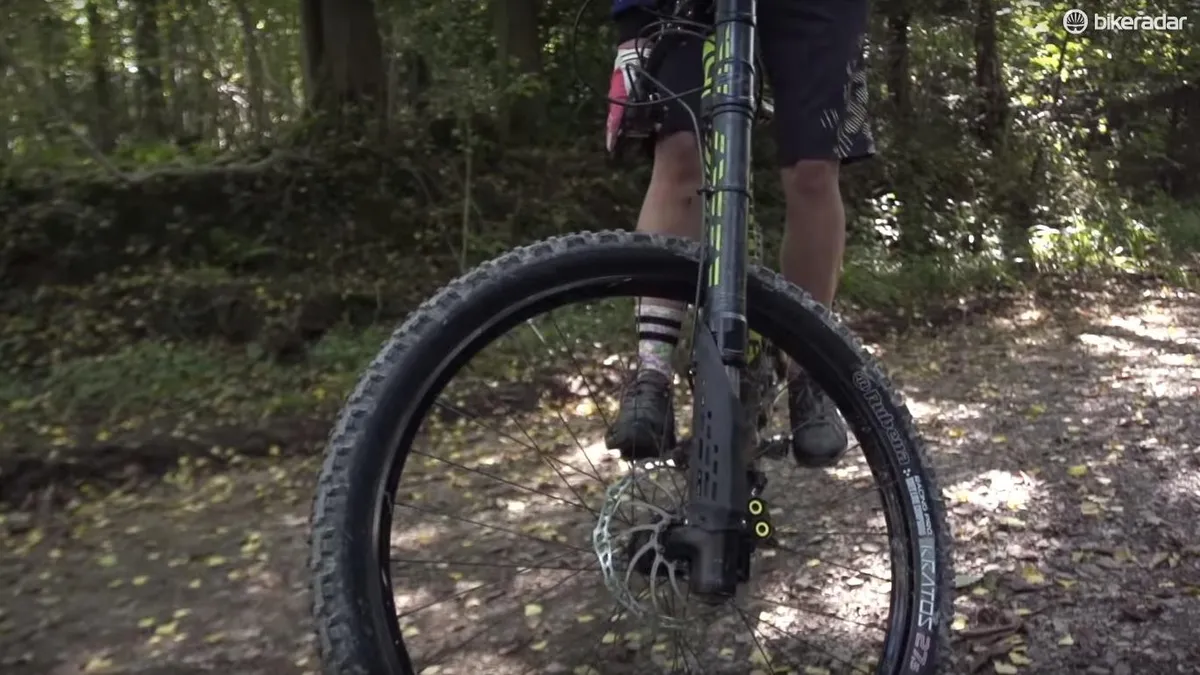
This will help you fine-tune your balance. Let yourself roll back slightly before pushing down on the pedal to arrest your movement. Press down again on the pedal with gentle movements, if needed, to find the sweet spot.
4. Look ahead of yourself
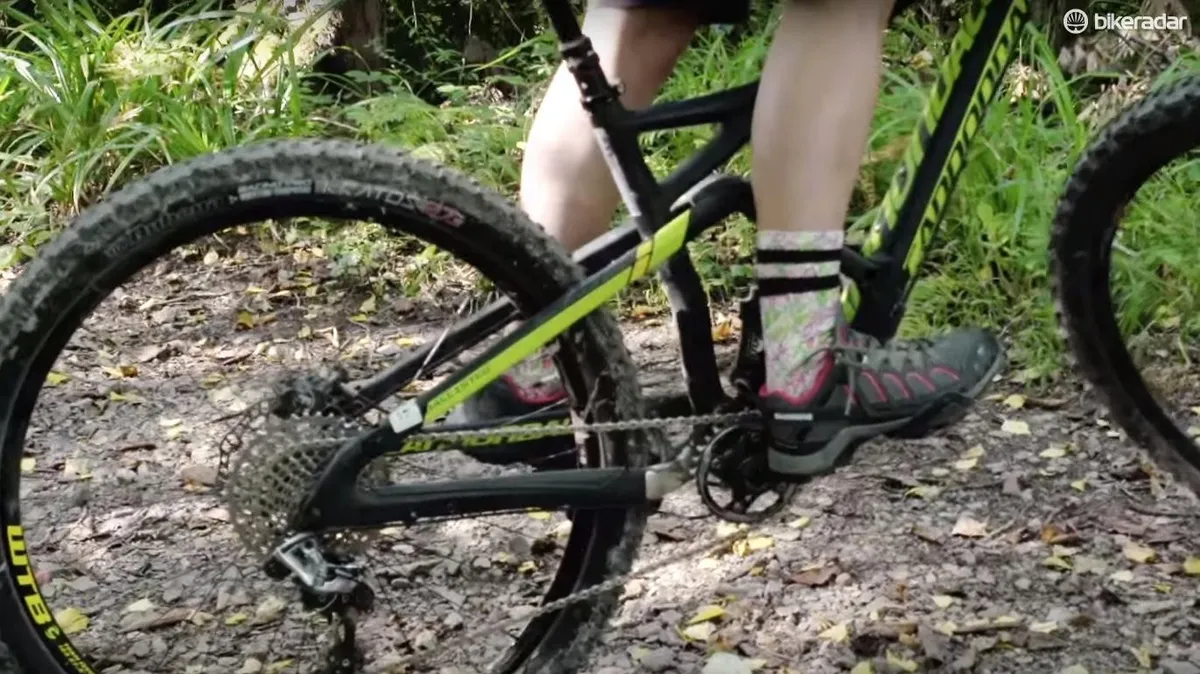
Try anchoring your eyes 1–2m ahead of you at first, to help keep solid when practising. You might like to rest your frame against your leg, you might not.
You might also want to start with flat pedals rather than clipless pedals — because you're probably going to hit the deck at some point.
Last updated 22 October 2017
